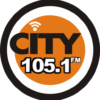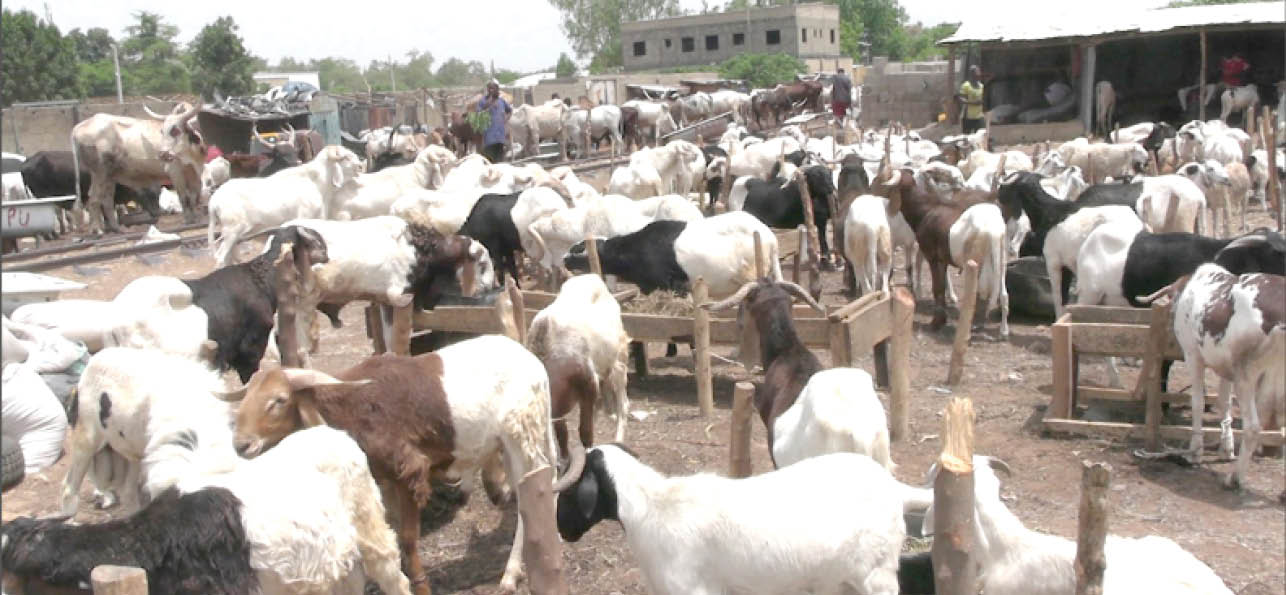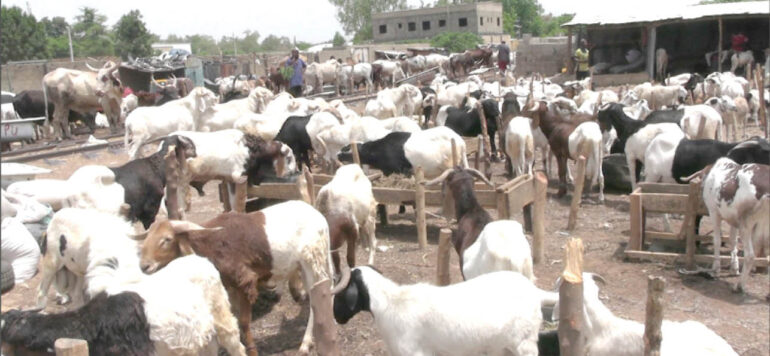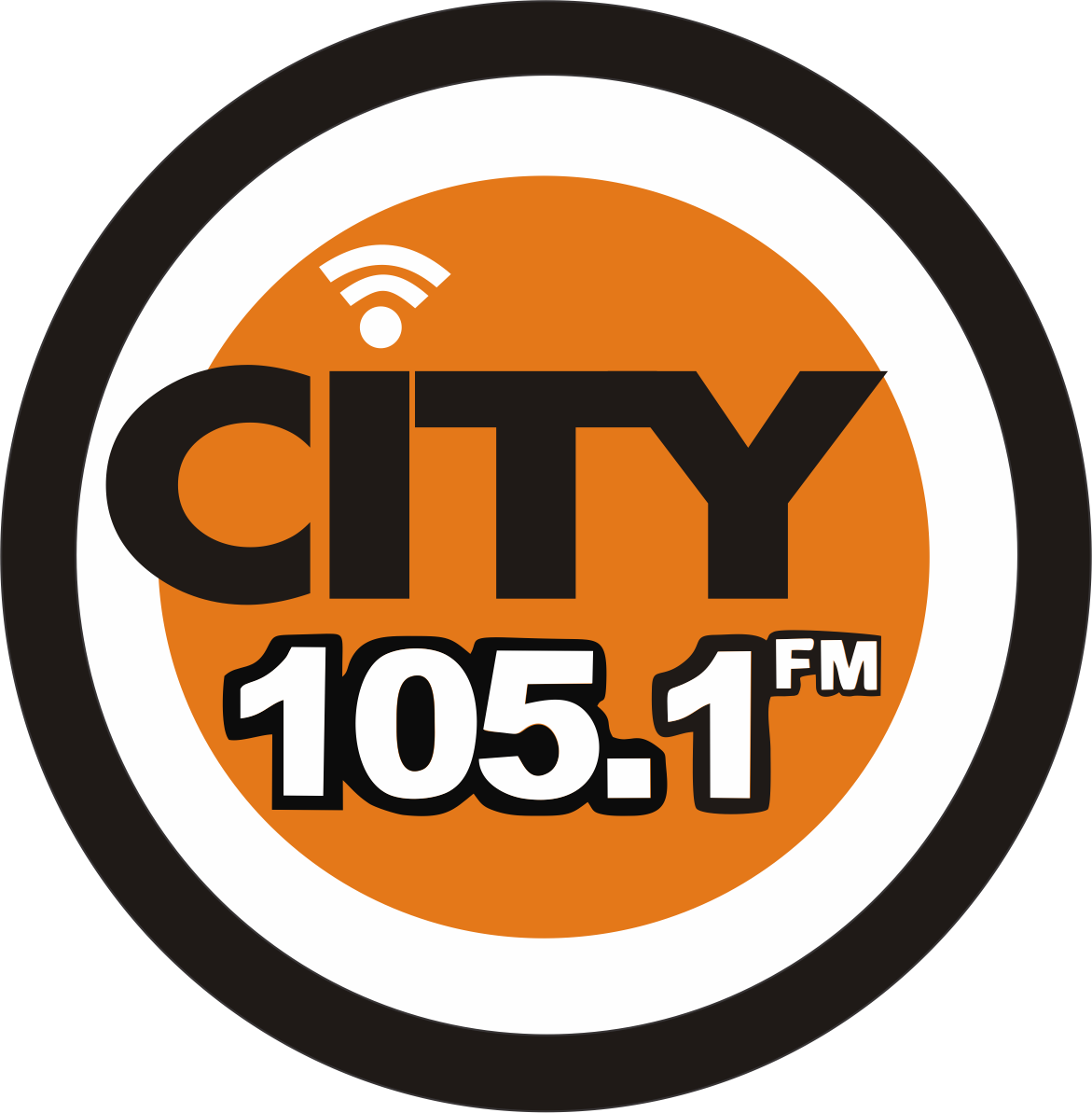Listeners:
Top listeners:
-
 play_arrow
play_arrow
Listen Live City 105.1 FM YOUR #1LIFESTYLESTATION
Eid al-Adha 2025: High Ram Prices Persist Despite Market Oversupply

 As the Eid-el-Kabir festival approaches, ram prices across Nigeria remain very high, leaving many Muslim faithful concerned about fulfilling their religious obligation of animal sacrifice. Despite the influx of livestock into major markets nationwide, the cost of rams continues to surge, with some animals selling for over ₦1 million.
As the Eid-el-Kabir festival approaches, ram prices across Nigeria remain very high, leaving many Muslim faithful concerned about fulfilling their religious obligation of animal sacrifice. Despite the influx of livestock into major markets nationwide, the cost of rams continues to surge, with some animals selling for over ₦1 million.
Ram Prices Spike Nationwide
From Lagos to Kano, Abuja, and Yola, ram prices are reportedly beyond the reach of many buyers. In Abuja, for example, even the smallest rams now cost no less than ₦200,000, with larger ones priced between ₦800,000 and ₦1.2 million. Vendors at various markets in the capital, including the Abaji and Kwali Area Councils, blame the surge on inflation and rising operational costs.
In Kwali, a medium-sized ram now sells for ₦180,000 to ₦230,000, up from ₦120,000 last year. The larger rams, which previously sold for ₦260,000, now fetch up to ₦780,000.
Slow Sales Despite Abundant Supply
Traders in the Abuja area are lamenting the drop in patronage. Many buyers are holding off on purchases due to financial strain and the high cost of living. “People are prioritizing food over festival animals,” a dealer explained, adding that civil servants are also affected by delayed salaries.
Kano Sees Steady SalesAmid Price Hikes
In Kano, the livestock market at Gandun Albasa is witnessing relatively stable activity. According to Professor Abdulmalik Auwal, the chairman of the market, ram prices range from ₦150,000 to ₦800,000. While acknowledging inflation’s impact, he remains optimistic sales will increase closer to the Sallah date.
Professor Auwal also dismissed concerns over the ban on ram imports from Niger Republic, noting that local supply has so far been sufficient to meet demand.
Ram Prices Surge in Yola Due to Supply Chain Challenges
In Adamawa State’s capital, Yola, ram prices have also climbed sharply. Ladan Salihu Muhammed, leader of the local ram herders, explained that the spike is tied to decreased local production and reduced imports from neighboring countries like Cameroon and Chad. The naira’s poor exchange rate against the CFA franc has made importing rams prohibitively expensive, with some costing up to ₦600,000 before even reaching the market.
Muhammed noted that many individual rearers abandoned the business after incurring losses last year, compounding the supply issue. Additionally, the rising cost of livestock feed has pushed prices even higher.
Lagos Markets See Oversupply but Low Patronage
In Lagos, especially at Kara Market along the Lagos-Ibadan Expressway, truckloads of rams have arrived from northern states like Katsina and Sokoto. However, traders report underwhelming sales as buyers struggle to afford the animals.
“Even though we brought in three full trucks, the customers are bargaining like it’s last year,” said Alhaji Usman Shehu, a livestock trader. Medium-sized rams are priced between ₦180,000 and ₦250,000, while larger ones range from ₦400,000 to ₦600,000.
The market also witnessed traffic gridlock as livestock spilled into the roads, with officers from FRSC and LASTMA deployed to manage the situation.
Shoppers expressed mixed reactions. “I’ve never seen prices this high,” said Bashir Adebayo, a civil engineer. “I may end up buying a goat instead.”
Despite past efforts by the Ogun State government to relocate Kara Market to Ogere International Market due to environmental and traffic issues, the market remains in operation at its current location.
Traders Remain Hopeful
Despite the subdued sales, many traders remain optimistic. “Most Nigerians are last-minute shoppers,” said one dealer. “We expect things to pick up by Thursday or Friday.”
As the festival nears, the high cost of rams continues to test the resolve and faith of many Nigerian Muslims. While some are opting for smaller animals or delaying purchases, the demand is expected to spike in the final hours before Eid.
Written by: Umar Abdullahi

Post comments (0)